NATO Secretary General Mark Rutte said the alliance agrees that Russia is a "long-term threat" to Euro-Atlantic security following his visit to the White House on April 24.
Rutte met with U.S. President Donald Trump in Washington on April 24 amid intensified efforts by the U.S. to reach a peace deal to end Russia's war against Ukraine. Rutte was reportedly expected to use his visit to urge the U.S. not to pressure Ukraine into accepting a peace agreement that favors Moscow.
Rutte emphasized that all NATO members agree that Russia threatens regional security.
On April 24, Russian Security Council Secretary Sergei Shoigu threatened that Russia could use "asymmetrical measures," including nuclear weapons, against Europe in response to "unfriendly actions."
"We all agree, in NATO, that Russia is the long-term threat to NATO territory, to the whole of the Euro-Atlantic territory," Rutte said.
Rutte recognized Ukraine's efforts to reach a peace deal and called for Moscow to make an effort to come to an agreement.
"Ukrainians are really playing ball, and I think the ball is clearly in the Russian court now."
After speaking to Trump, Rutte said "something is on the table for Russia" in a potential peace deal.
The U.S. could reportedly de jure recognize Russian control over Crimea and de facto recognize Moscow's illegal occupation of Luhansk, Donetsk, Kherson, and Zaporizhzhia oblasts as part of a peace deal.
Ukraine would be prohibited from joining NATO, but would remain permitted to pursue EU membership. Sanctions imposed on Russia since 2014 would be lifted, and the U.S. and Russia would pursue deeper energy and economic cooperation.
Moscow has shown signs it is unwilling to move forward on a peace deal with Ukraine. Russian authorities have listed maximalist demands in ceasefire negotiations with Ukraine and the U.S.
Ukraine has already agreed to a U.S.-proposed full 30-day ceasefire, saying on March 11 that Kyiv is ready if Russia also agrees to the terms. So far, Moscow has refused.
On April 23, Zelensky reaffirmed that Ukraine insists on an "immediate, full, and unconditional ceasefire."
"That was the proposal put forward by the United States on March 11 of this year — and it was absolutely reasonable," Zelensky said.
On April 23, U.S. Vice President JD Vance said that the U.S. presented a "very explicit proposal" to Ukraine and Russia on a peace deal.
Ukraine has no great options if Trump recognizes Crimea as Russian
Ukraine is facing a crossroads in its fight against Russia’s full-scale invasion, with the possibility of being forced to reject an unfavorable peace deal being imposed under huge pressure from the U.S.

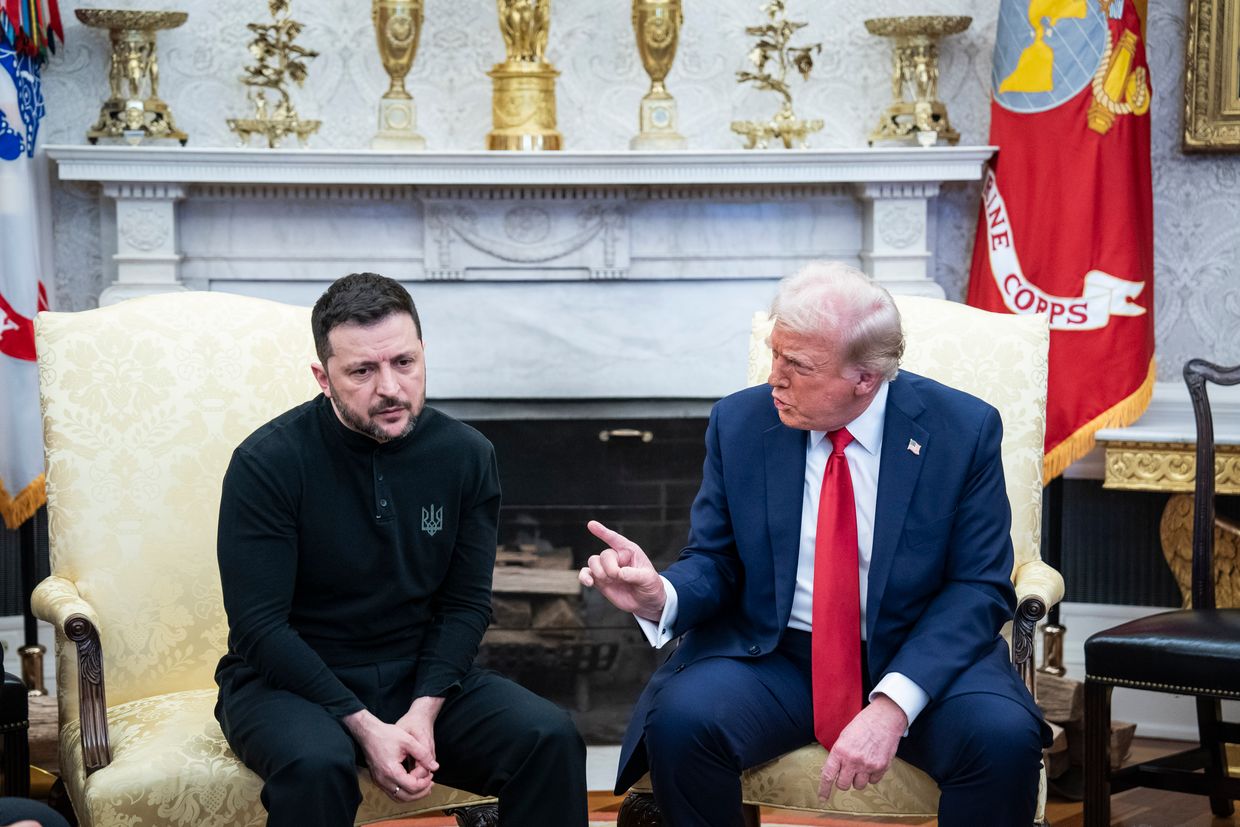
.png)
 German (DE)
German (DE)  English (US)
English (US)  Spanish (ES)
Spanish (ES)  French (FR)
French (FR)  Hindi (IN)
Hindi (IN)  Italian (IT)
Italian (IT)  Russian (RU)
Russian (RU)  5 hours ago
2
5 hours ago
2
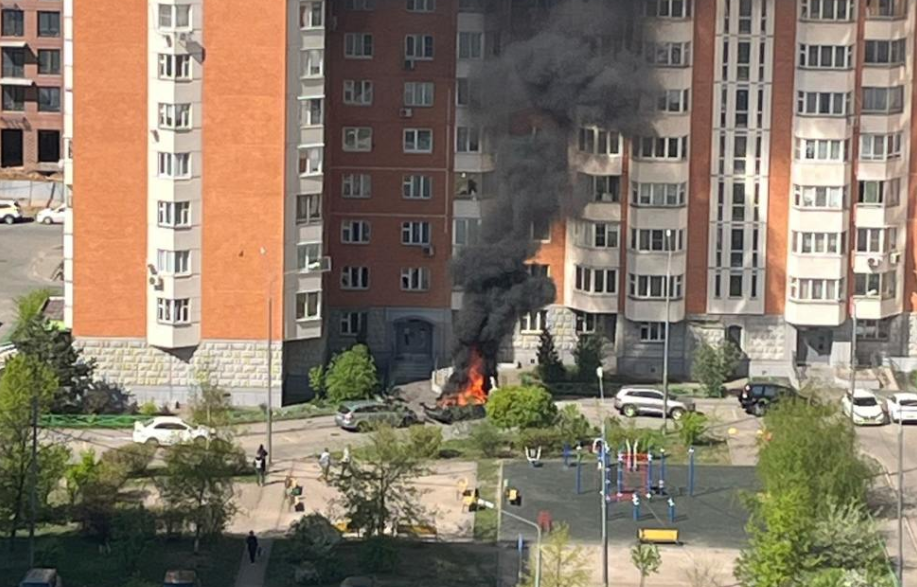
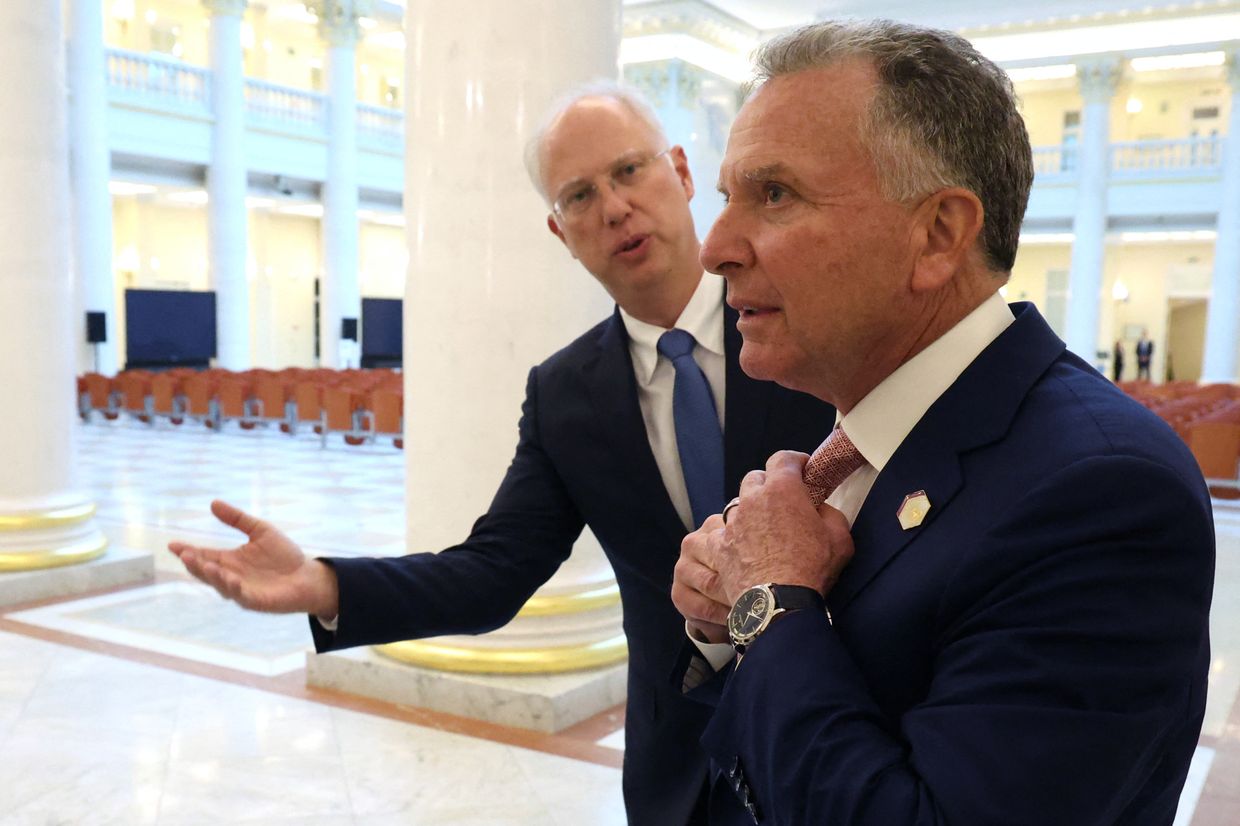
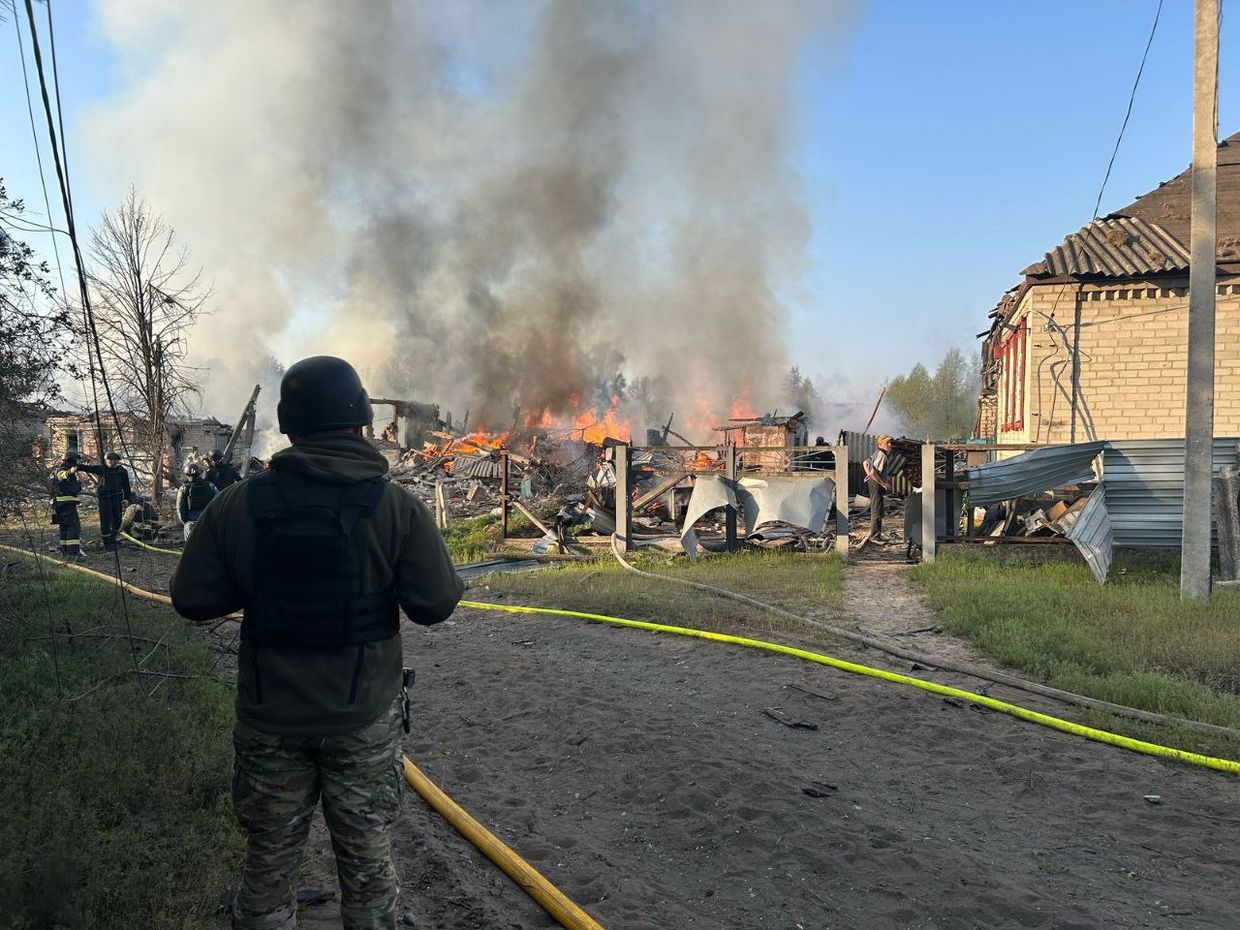
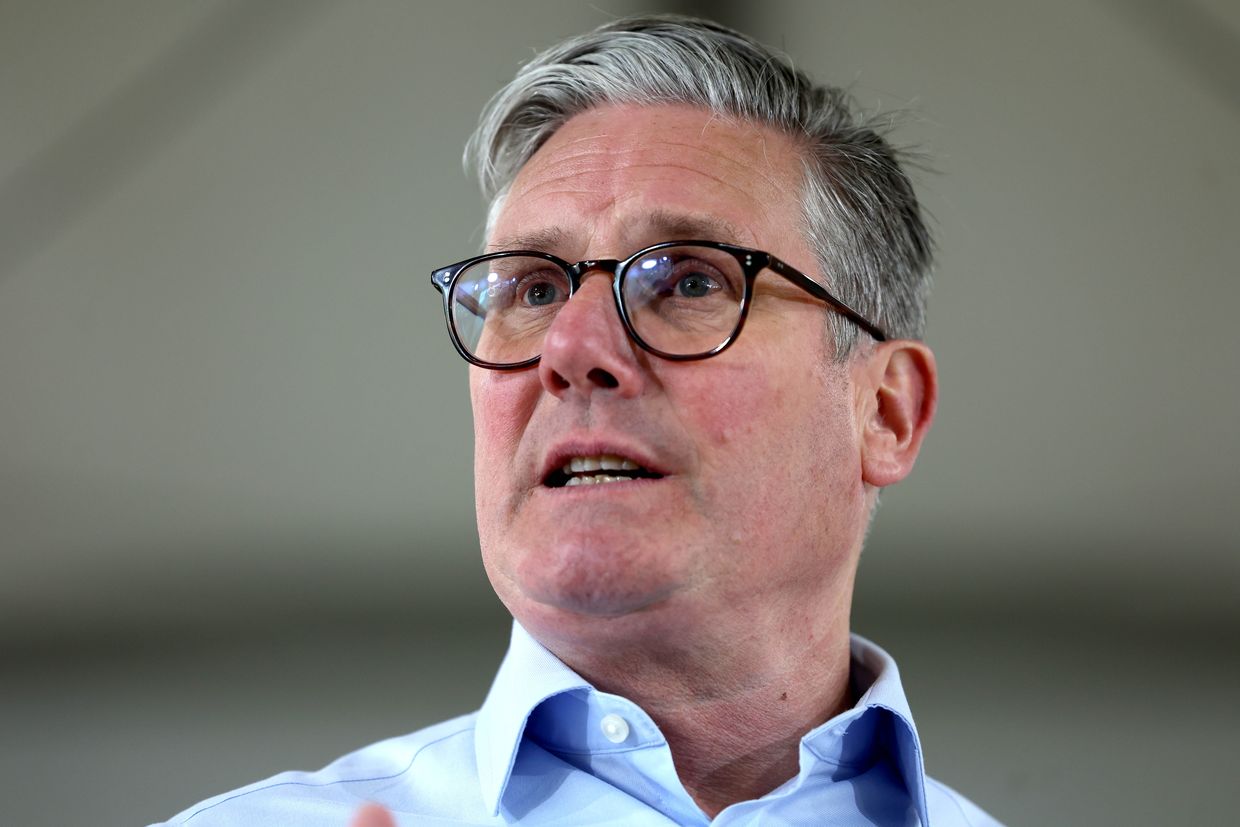





Comments